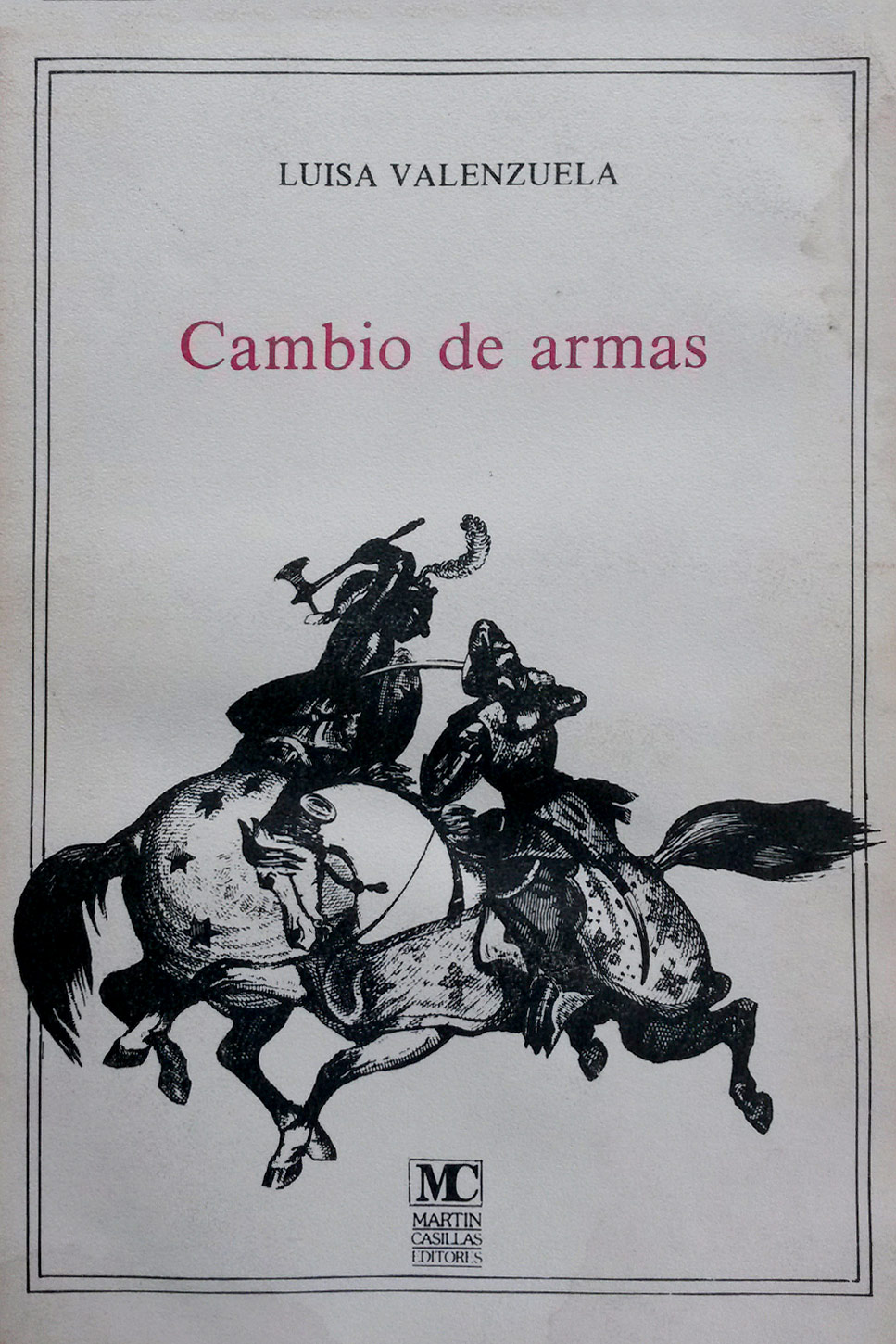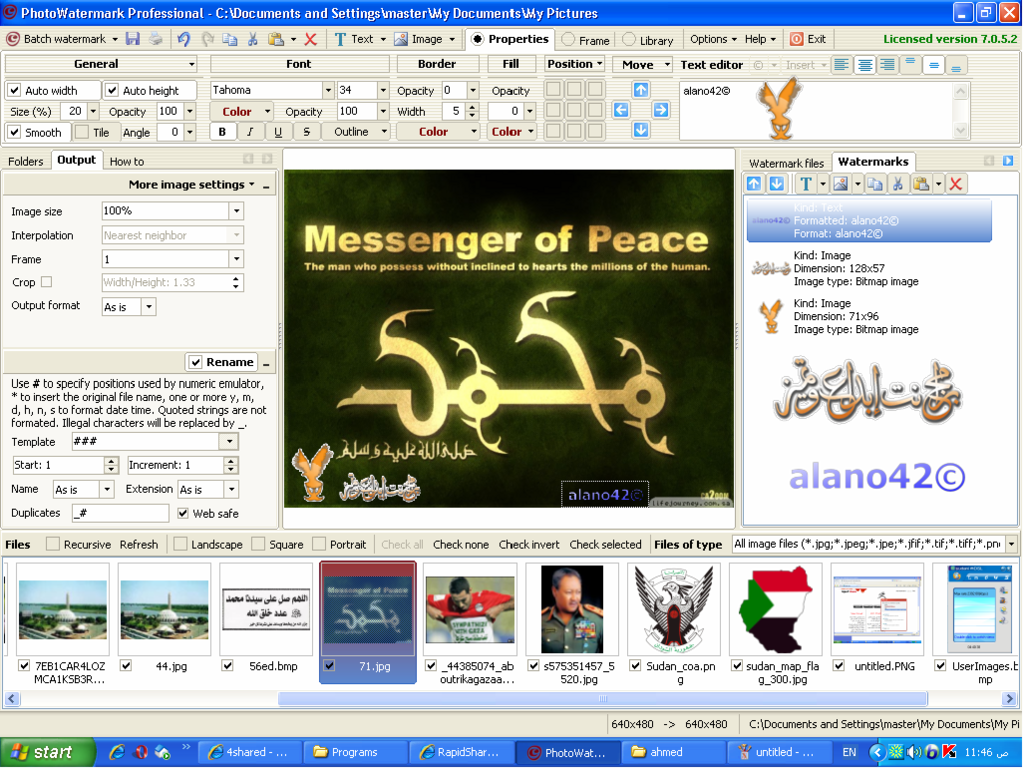To ask other readers questions about Cambio de armas, please sign up. Be the first to ask a question about Cambio de armas You wanna talk about tragedies, let's talk about tragedies: the burial of Luisa Valenzuela in the United States. From what I understand, she's a legend of Latin American. The PDF file you selected should load here if your Web browser has a PDF reader plug-in installed (for example, a recent version of Adobe Acrobat Reader). If you would like more information about how to print, save, and work with PDFs, Highwire Press provides a helpful Frequently Asked Questions about PDFs. Alternatively, you can download the PDF file directly to your computer, from where it. Oct 28, 2014 - Luisa Valenzuela's Cambio de armas: Subversion and Narrative Weaponry. Zero hour no cd patch. Citations; Metrics; Reprints & Permissions PDF.
Arrow 9s tagging gun manual. Arrow 9s Tagging Gun Manual Downloads. TagStar SA Standard Tagging gun (Normally fitted with C121 needle) This is a premium quality Free Pitch Standard. China Tag Gun Arrow 9 S, ECVV provides Tag Gun Arrow 9 S purchasing agent service to protect the product quality and payment security. Tag Guns - Arrow 9. The two basic types of tagging tools are the Fine Fabric tool and the Standard or Regular tool. Fine Fabric and Standard barbs and needles are not. Tag Attaching with a pricing gun is very easy; but It can damage the Tagging gun and fabric if not done carefully. Use Arrow9S tagging gun only with standard tag pin 50 pc clip. Keeping the price tag in same position pierce the tagging gun needle fully into the garment.lso. Arrow 9S tag gun is a standard tag gun, which is not very expensive, and best for tagging. It is our most sold tag gun in the world. The Arrow 9S tagging and.


